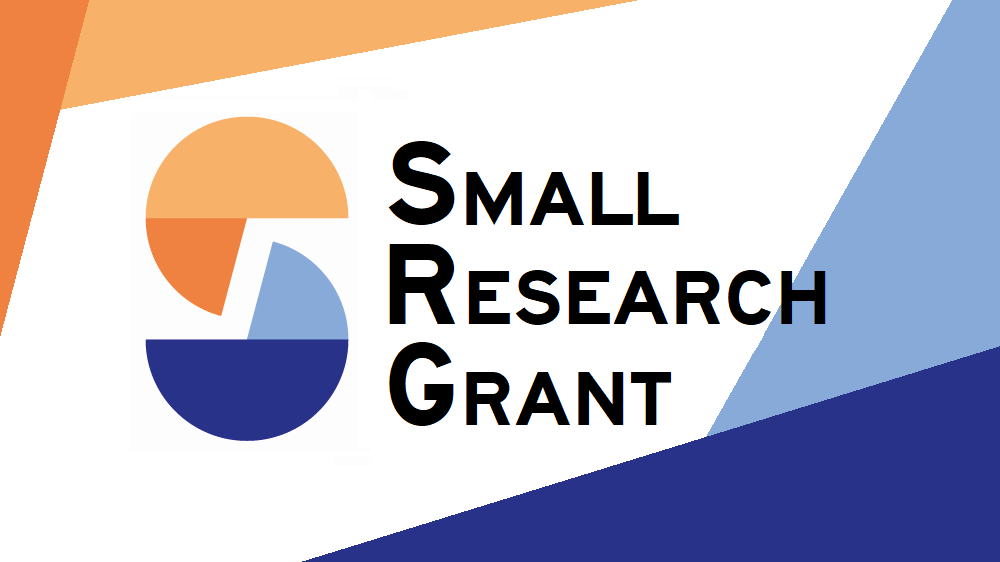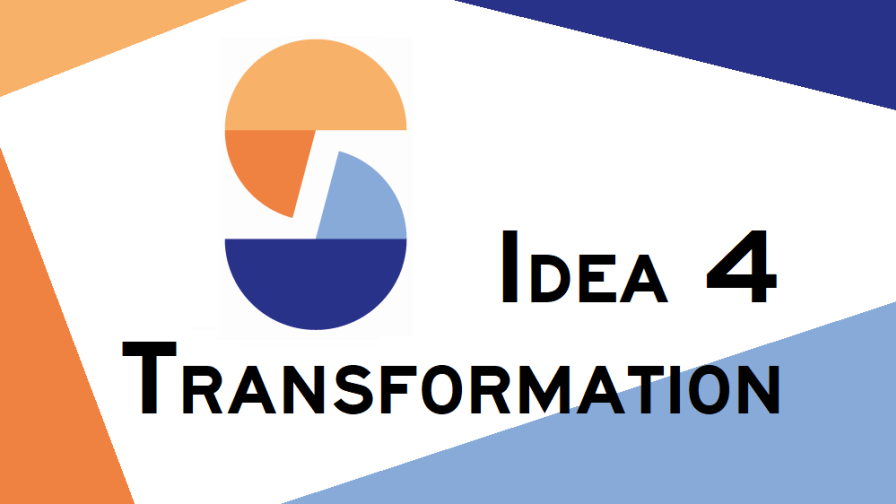There is ample evidence of agricultural productivity gaps between advanced and developing countries. However, it is difficult to identify which market failures drive this divergence, and thus develop policies that enhance productivity without exacerbating distortions. While many models of misallocation require taking a stand on which markets fail and how, this project leverages household consumption data to more credibly identify how uninsured risk and credit constraints affect farm investments. The researchers show how this generates a novel, theory-consistent approach to production function estimation even when input choices are distorted. They apply this approach to both agricultural production and intertemporal arbitrage in Nigeria. Specifically, they quantify how household financial constraints affect aggregate productivity and measure the extent to which financial instruments can overcome these constraints and reduce seasonal hunger.
A similar model applies to both agricultural production and grain storage. The key ingredient in the model is households’ intertemporal marginal rate of substitution (IMRS), which reflects the extent to which they forgo profitable (in expectation) investments to meet present consumption needs. The researchers estimate households’ IMRS from two data sources: a nationally representative panel survey and a direct elicitation with households from an RCT offering postharvest credit in Gombe State. They are also able to validate the elicited IMRS with high-frequency consumption data from the same RCT. They then use these measures to identify the production function using first order conditions for input demands.
Like many African countries, Nigeria has invested heavily in its agricultural sector with policies that include subsidised credit, loan guarantees, and a massive fertiliser subsidy program. This project’s method allows comparison of observed outcomes against counterfactuals from alternative credit, insurance and input subsidy policies. Therefore, these results will inform the debate over whether to continue expanding or phase out such policies. The project is also relevant to the non-profit sector, which has been increasingly incorporating economic evidence into program design. The model of the project’s partner NGO’s postharvest loan programme provides a broader framework for other organisations using financial instruments to combat seasonal hunger.















































